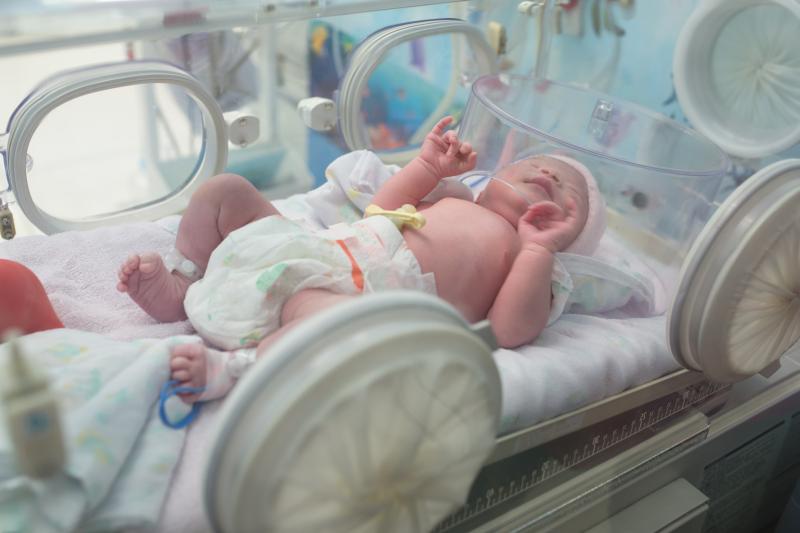
Microencapsulated human hepatocytes in alginate may provide a safe and effective alternative to liver transplantation (LT) in infants with acute liver failure (ALF), a new study has shown.
The preliminary study enrolled eight children (median age, 28 days; 50 percent male) with ALF who were waiting for a suitable allograft for LT. Patients received intraperitoneal transplants of human hepatocyte microbeads (HMBs) and were followed for procedural complications, adverse immune responses and residual function of the HMBs.
In two participants, the cause of ALF could not be identified. Four children had neonatal haemochromatosis, one had disseminated herpes simplex virus type 1 and another had adenovirus-associated failure.
The median cell number transplanted was 2.4×107 cells/kg and the viability was assessed immediately after encapsulation. Viability, albumin and urea production decreased over time in culture. The implantation procedure was well-tolerated, and no patient showed post-infusion complications. Three participants continued receiving continuous renal replacement therapy as part of routine ALF management.
Half of the patients recovered spontaneously and ultimately had no need for LT. Three were bridged to LT, and one patient died. Long-term outcomes were good in all surviving patients.
HMBs were retrieved in the three patients who underwent LT. There were no signs of inflammation or adhesions between intra-abdominal organs, and light microscopy showed that the HMBs had maintained their physical integrity.
“Our data show that an optimized clinical grade HMBs can be feasibly and safely used for treatment in infants and children with ALF,” researchers said.